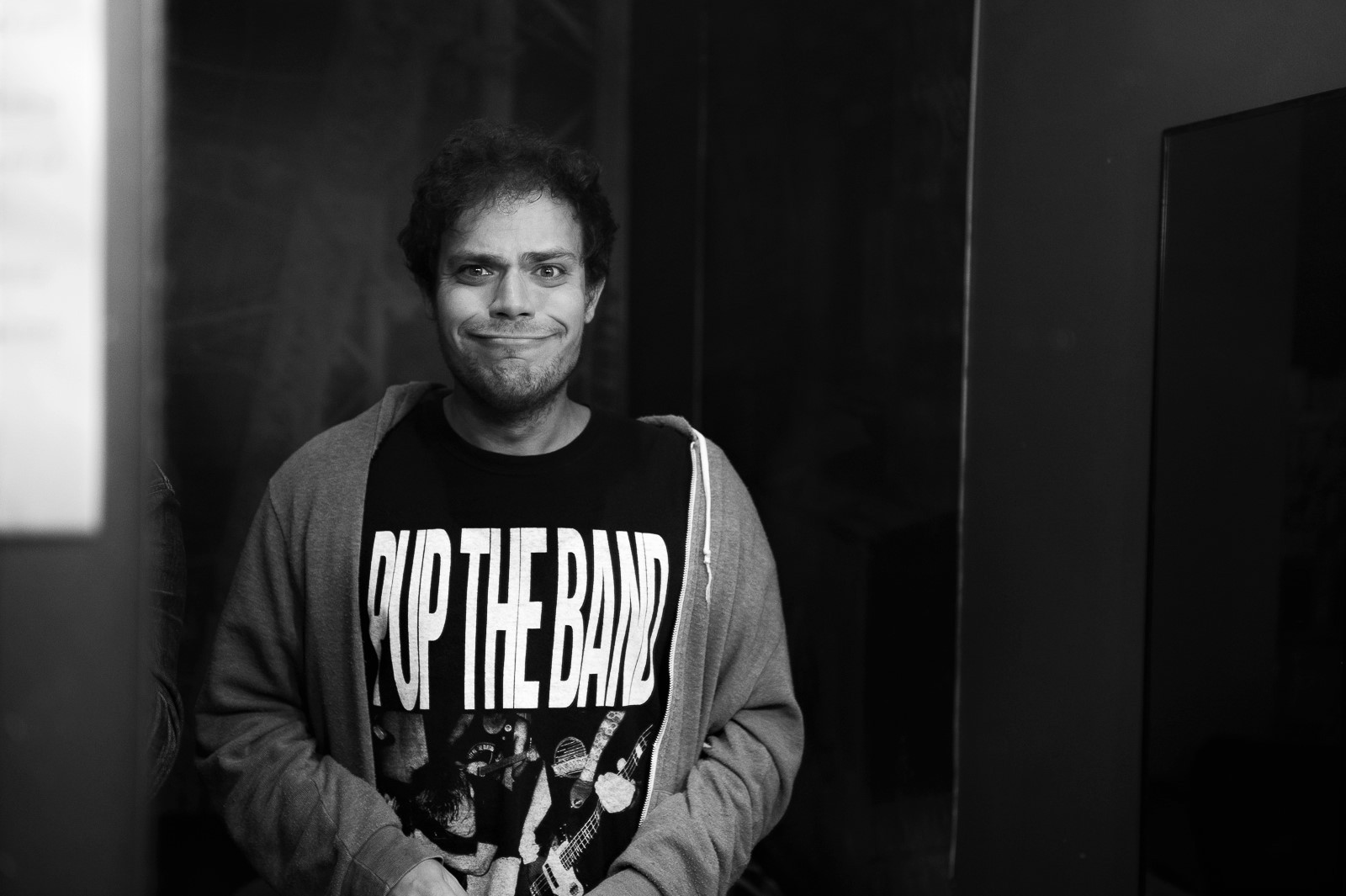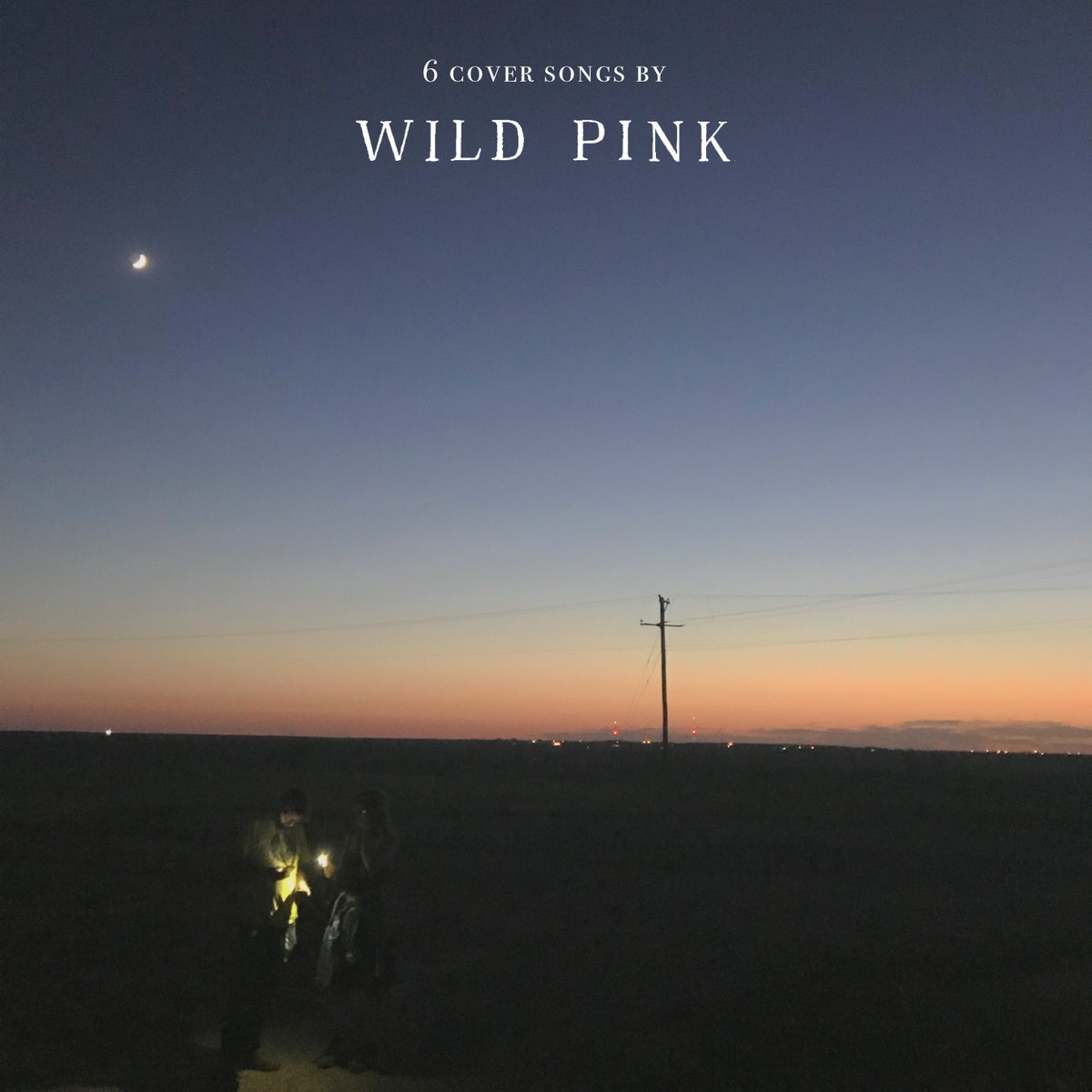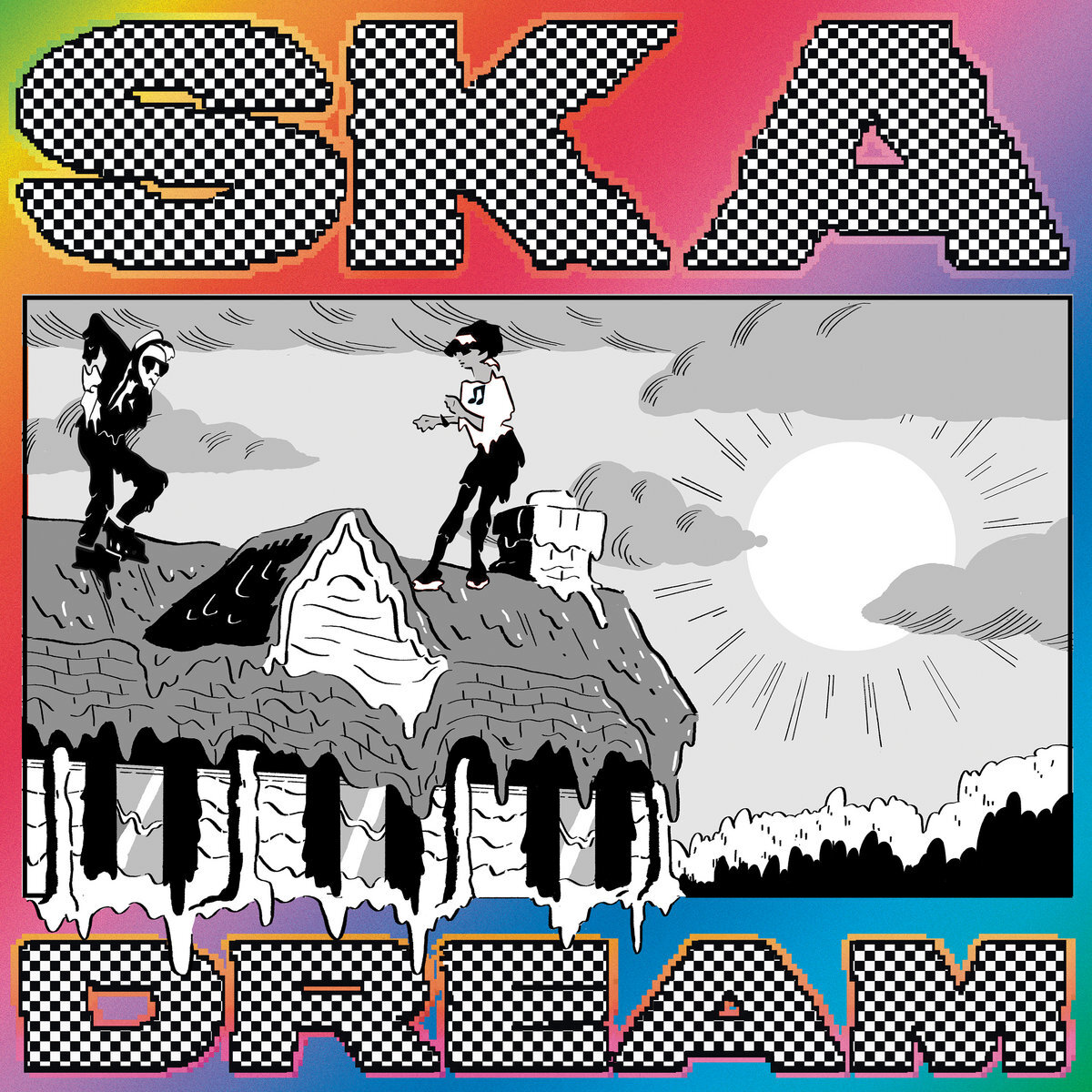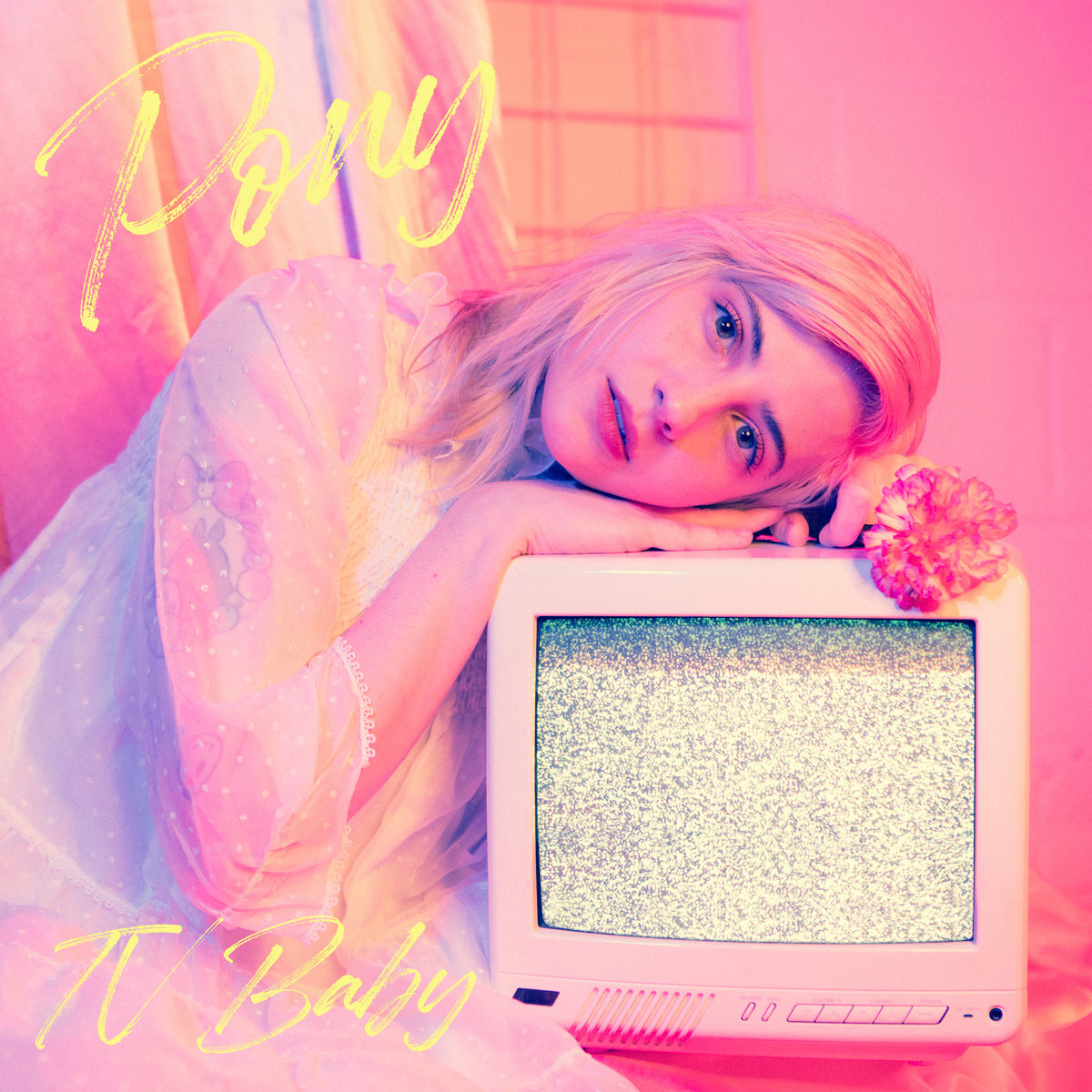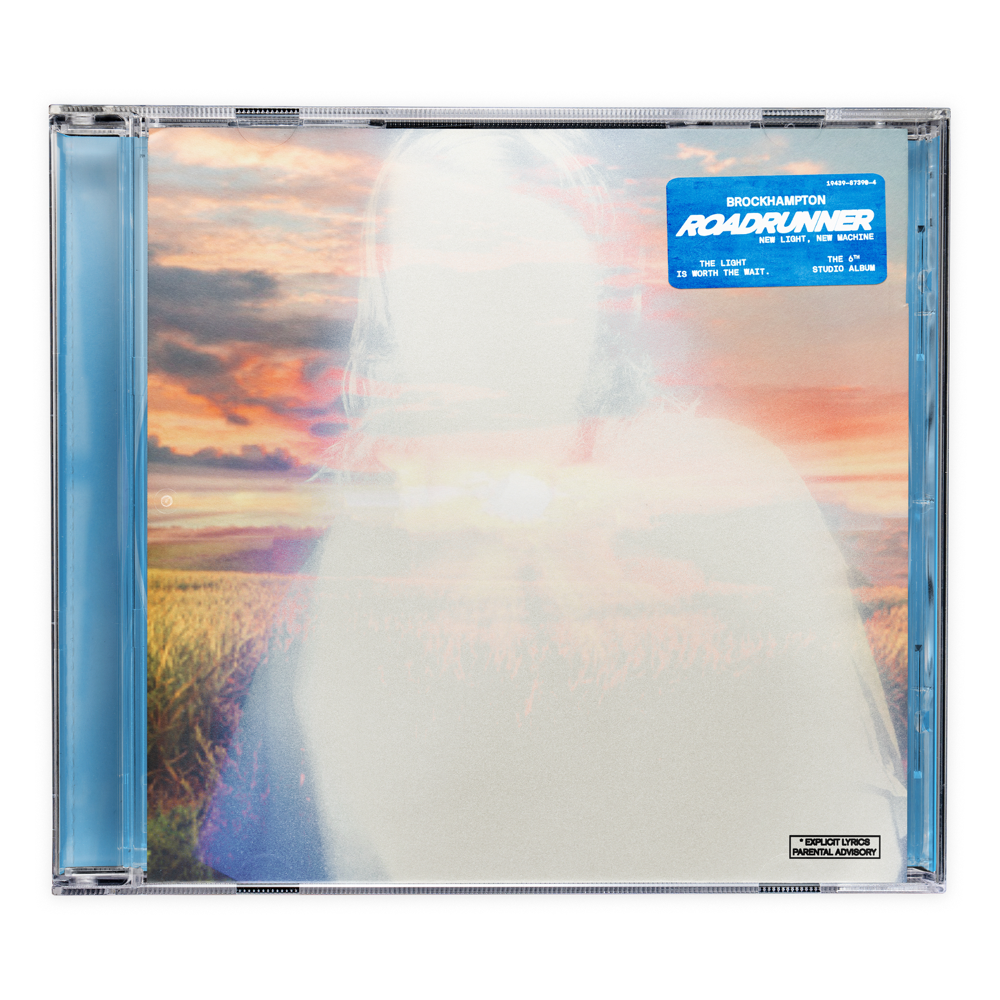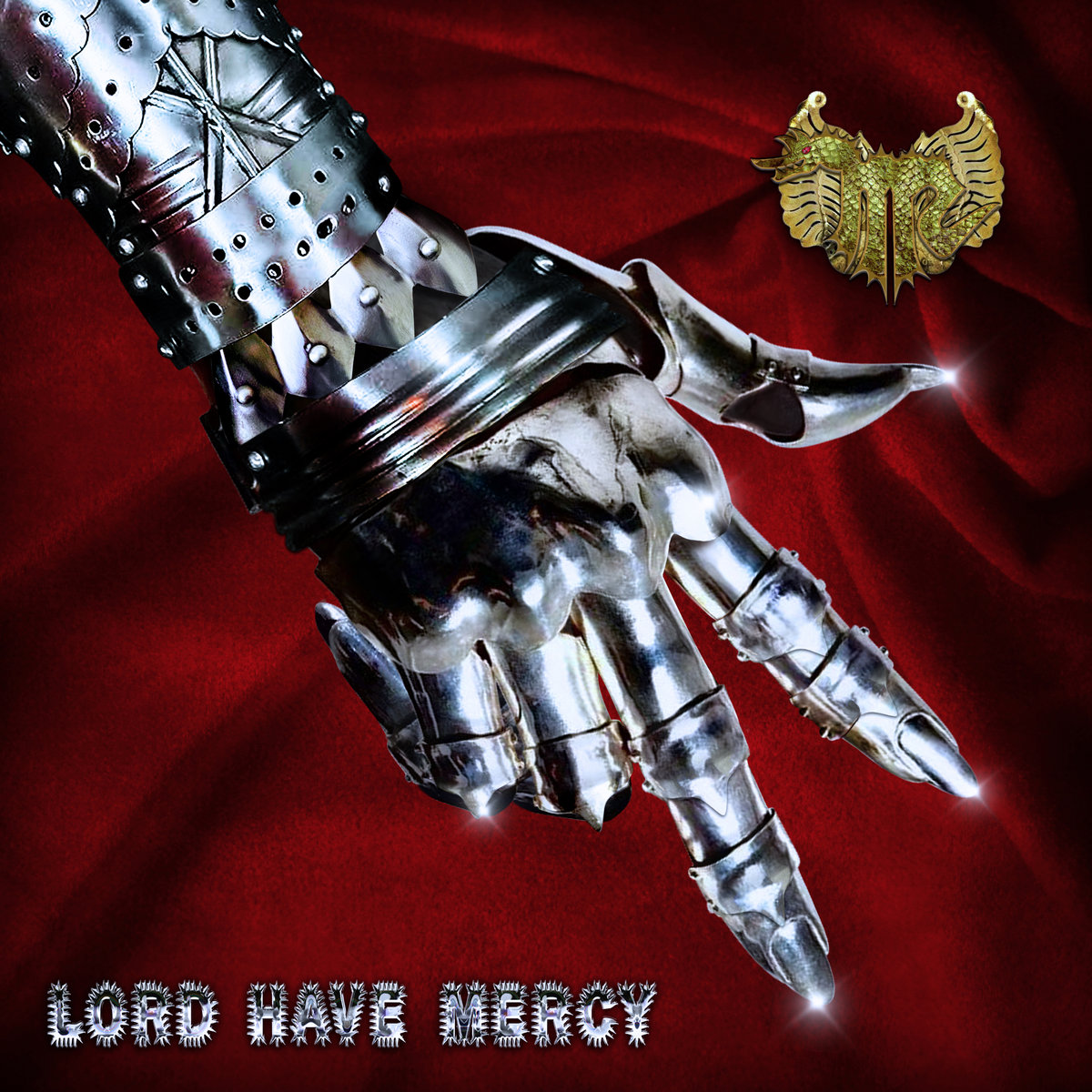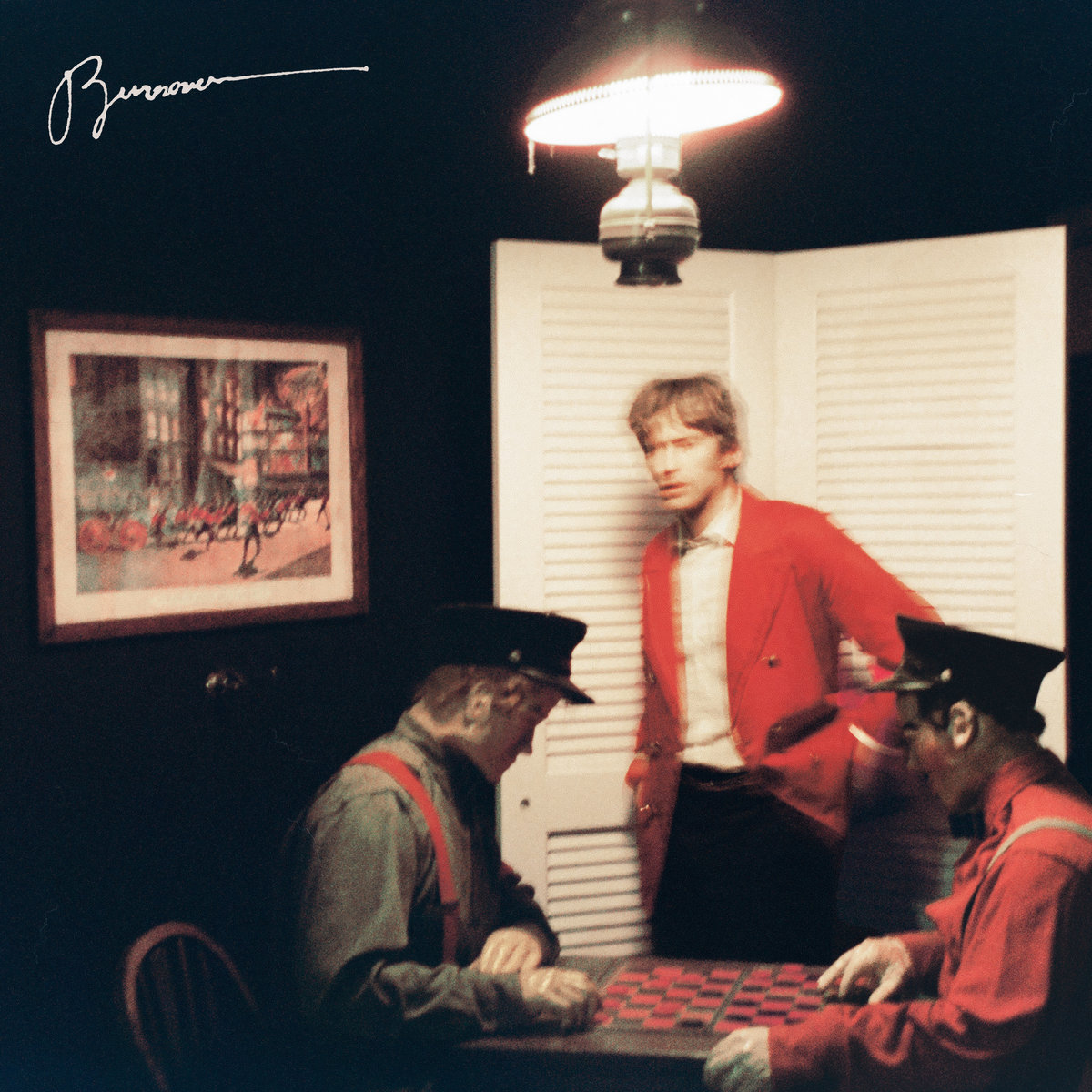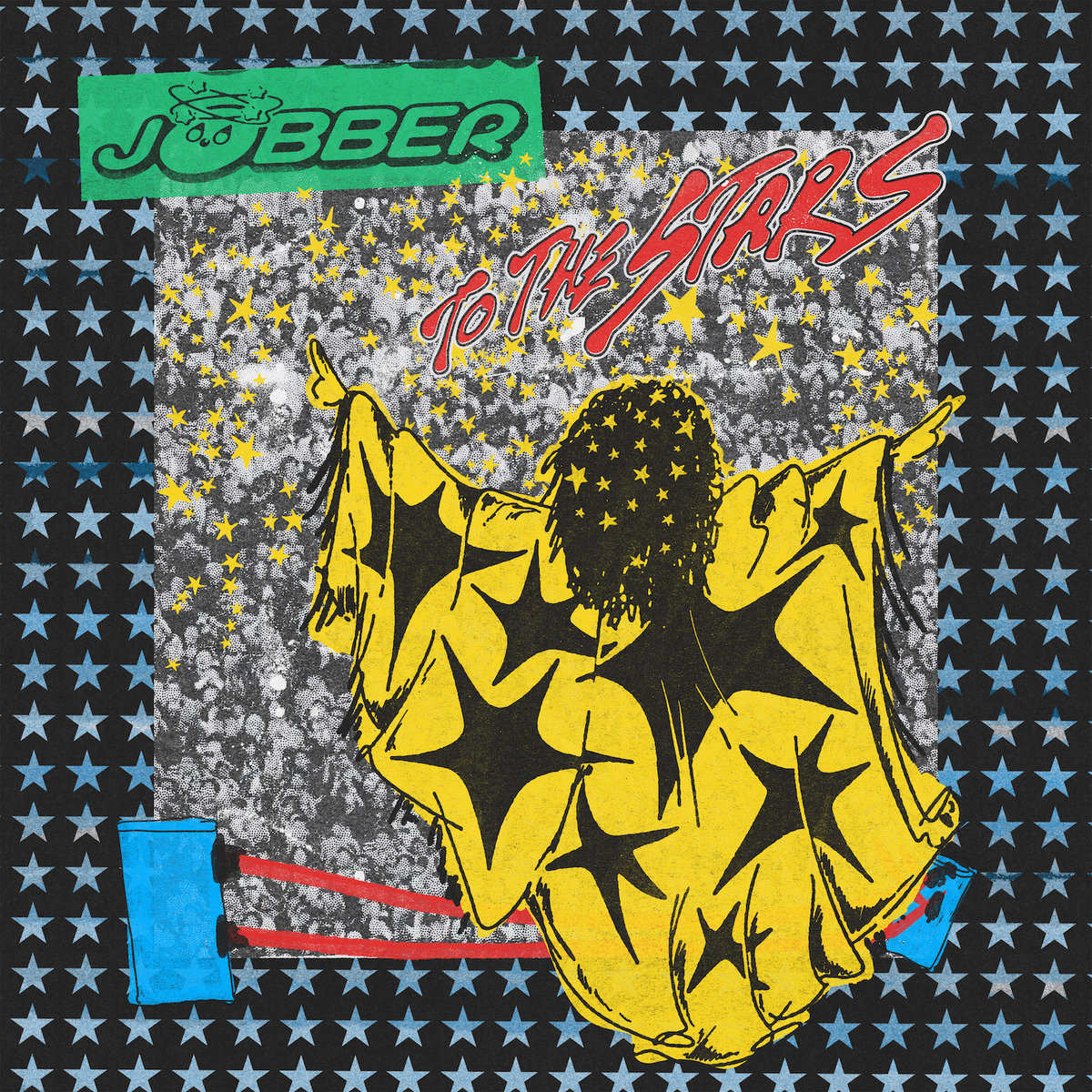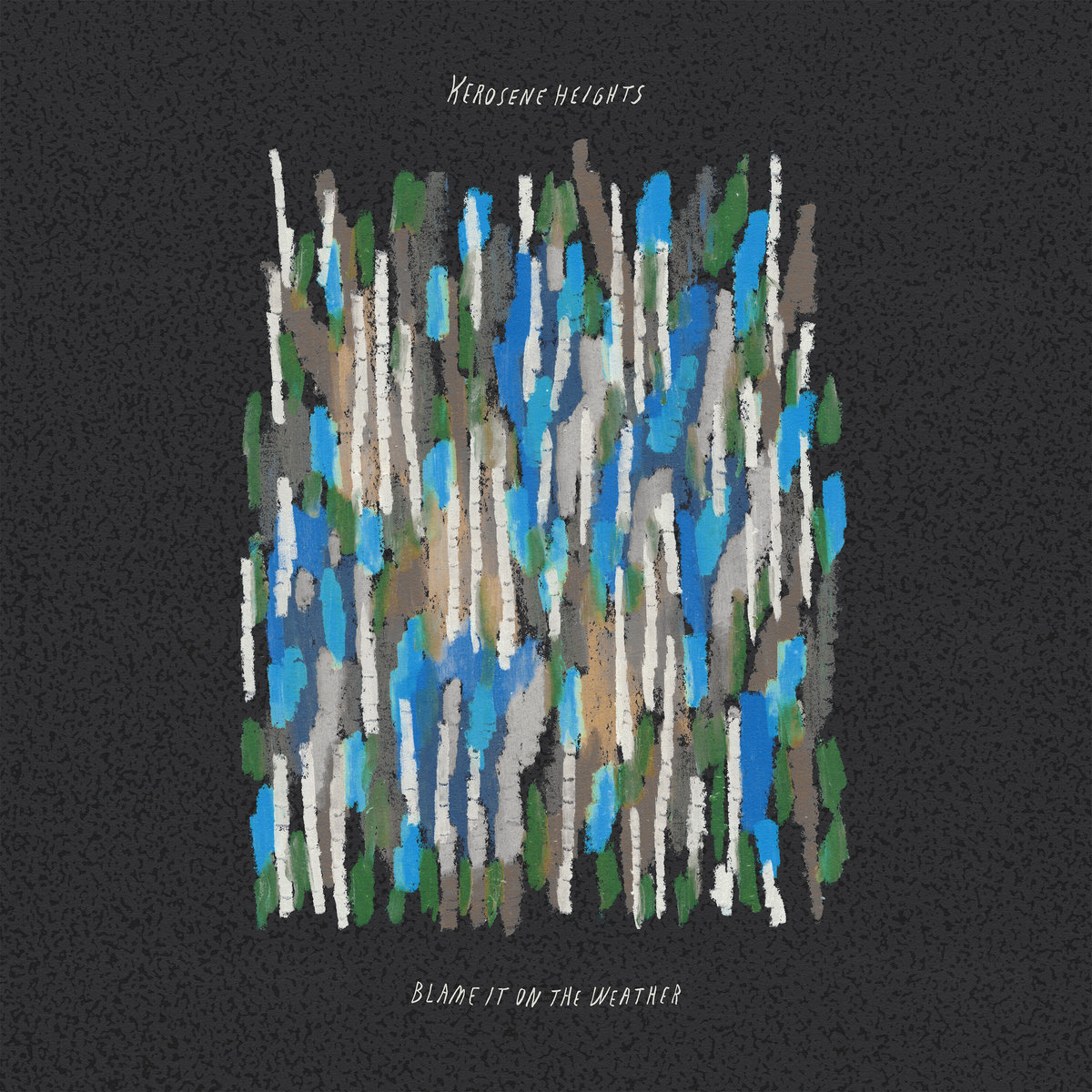Growth is hard to measure. It’s unquantifiable, it’s non-linear, and there’s no clearly defined endpoint. It’s also something that each person needs to recognize and undertake on their own. You can’t force a person to grow or change any more than you can stop the sun from setting or the rain from falling. Throughout PROOF, Downhaul ruminate on growth, filter it through the lens of memory, and ground it in physical spaces strewn across the wide-open sprawl of nature.
Much like growth itself, the band does not begin the record with immediate progress but rather recognizing the need for growth in the first place. As these revelations unfurl throughout the epic seven-minute opener, “Bury,” the group does an excellent job of acclimating you into the gothic country world of the album. The song begins with a slow fade-up on an atmospheric howl of wind accompanied by a single jangly guitar and carefully brushed cymbals. As the cymbals grow louder and more intense about a minute in, lead singer Gordon Phillips emerges from the dense fog pondering in a Greet Death twang, “Did I waste the years when it all came so easily? / Was I standing still? Did I slip at the edge of the quarry?” Soon after the first verse, the full band joins in, guitar, drums, and bass all falling into a towering and naturalistic riff worthy of a Balance and Composure song.
The instrumental rises and falls as the guitar masterfully carves its path in the listener’s mind. The bass rumbles with a thunderous power, rattling underneath Phillips’ lyrics of backsliding and non-linear progress. As the story unfolds, Phillips begins to address some anonymous other, singing the album’s namesake and punctuating it with sentiments of despair and bitterness.
You wanted proof, you wanted
Lost sight of where we started
You denigrate your own, it’s so shameful
As you curse the ground that you came from
You wanted proof, you wanted...
The lyrics that end this song trail off, making them sound like an incomplete half-thought, but they actually do an important job of establishing the core concept for the album. As the listener hangs on this sentiment, the instrumental sputters out into a dusty, minimalistic stretch that allows for rumination. This use of negative space is something the band does excellently throughout the album and even within individual songs. These recurring instrumental stretches give the listener ample space to reflect on the lyrics and form their own meanings around the songs.
After this long narrative pause, the next words we hear on “Dried” act like a flashback transporting us to a completely different time and place in the narrator’s life. Now on a sunny lakeside dock, the entire tone of the record shifts into a refreshing, youthful optimism in the vein of 2014-era Seahaven. Even though we’ve never been to these locations or experienced these events, Phillips’ lyrics do an excellent job of placing you there and making it feel as if you’ve experienced them in a past life. It’s a strange sense of familiarity and déjà vu.
From there, the record changes tone within nearly every song. Even though the locations and people change, the sense that you’re experiencing everything from one single perspective is never lost. The sunny hard-charging desert drives of “Scatterplot” give way to blurry late-night trips through the heartland on “Curtains.” Lyrics range from textural to sweeping and address the relationships Phillips has both with himself and those around him. He writes about infatuation giving way to disillusionment. He talks about stagnation and contrasts that with the rewarding feeling of building something with another person. Songs zoom in on tactile things like stretchers and split-ends, then zoom all the way out to massive formations like shipyards and suspension bridges.
As we take in this full range of human emotion, these experiences all begin to fold in on themselves. A prevailing sense of unhappiness slowly emerges over the course of the album’s middle stretch. Feelings aren’t revealed. Things are hidden. People stop being honest. These relationships decay seemingly in real-time as you listen. Luckily, things take a turn for the better on “The Ladder,” where Phillips sings with newfound devotion over an understated acoustic guitar.
I’ve been backwards since I met you
Climb the ladder to impress you
All my clothes feel tighter when you
Say my name so I just let you
From this point on, things don’t necessarily get “better,” but a sense of progression begins to reveal itself. The lyrics start to come from a place of love, colors brighten, and the world warms up. Complications, while they still exist, begin to untangle themselves over time with a little bit of attention and self-care.
PROOF truly comes full circle on the closing track “About Leaving.” After opening with a meditative slide guitar, Phillips wades into his feelings and emerges with a list of promises.
I’m gonna stand up straighter
I’m gonna leave and I won’t come back until I feel better
I’m gonna hang things on my walls
I’m gonna chase the ways we felt before this stood 10 feet tall
I gotta learn to leave
Here, everything from posture to interior decorating act as mandates for personal growth. Phillips has looked inward, found fault, and recognized the things in his life that he needs to address. Not only that, he’s promising to work on them. In the second verse, he continues this list with an even more challenging group of things to work toward, which all culminate in a soulful guitar solo.
I’m gonna stop comparing
I’m gonna focus on the people who have always cared for me
I’m gonna keep my head down
I’m gonna know when to recognize that this was all my fault
I gotta learn to leave
The final verse of the album ends with an epiphany that summarizes all of these resolutions with a beautifully poetic metaphor that both circles back to the first track and drops the album's title.
I’m gonna scale the canyon
Between who I thought I’d be and where I ended up
I’m gonna be more patient
Well you wanted proof, and I’d say that you got it
Scaling a canyon feels like an apt metaphor for personal growth. It seems monumental and near-impossible, but it is attainable if the desire is there… and that desire is a crucial first step. Landing on the line of “Well you wanted proof, and I’d say that you got it” both explains the album’s namesake and acts as an inverse parallel to the opening track where Phillips recognizes the need for proof but offers no such thing.
Here, the listener realizes that the entire album is the proof. This record is comprised of stories, emotions, relationships, and revelations that all lead to one inevitable conclusion about the need to better oneself. As we journey past bodies of water, seek shelter from summer storms, and interact with meaningful people over the course of this album’s 43 minutes, we also accompany the band on this journey of personal growth and self-discovery. This quest is a beautiful thing to witness, but most critically, PROOF prompts the listener to look inward and think about what they can do to improve within their own life. In an album littered with landmarks and grounded in physical spaces, the most important monument within PROOF is the one we are building to ourselves.
Growth may be hard to measure, but PROOF contains enough progress to last a lifetime. Improving yourself is work; it doesn’t happen overnight, and it definitely doesn’t happen in 43 minutes. It took Downhaul five years and six releases to get here, but the band’s second album is a document that speaks for itself. PROOF is an interactive, inspiring, and emotive retelling of one person’s march toward betterment. If just one listener takes the message of this album to heart, then Downhaul have done their job.







